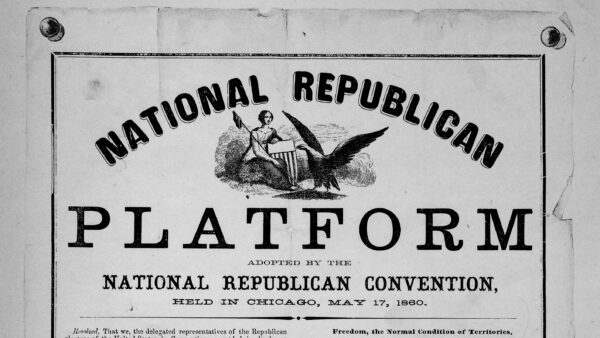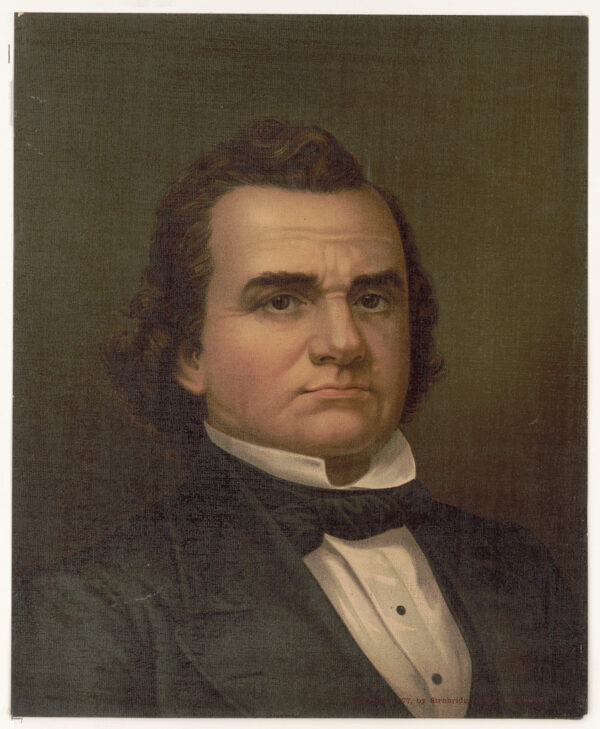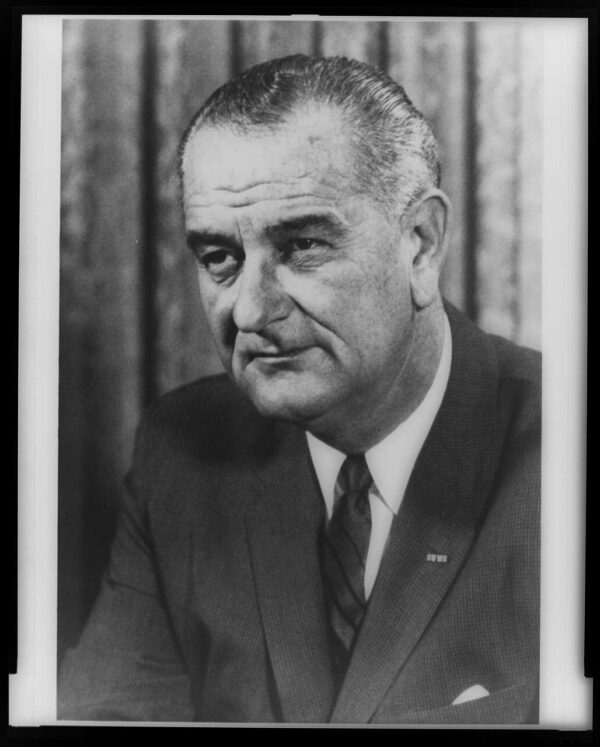Following the end of the Civil War in 1865, the Republican Party emerged as a dominant force in American politics. Black voters overwhelmingly supported the Republican Party during this period. Republicans were known for championing the abolition of slavery and advancing civil rights for Black Americans. This dedication to racial equality made the Republican Party an appealing choice for the newly emancipated Black population.
The Reconstruction Era, which lasted from 1865 to 1877, marked a crucial turning point in American history. Its goal was to rebuild the Southern states and ensure the rights of freed slaves. Republican leaders, known as Radical Republicans, played a vital role in advocating for civil rights reforms, such as the Civil Rights Act of 1866 and the Fourteenth Amendment.
During this time, Black voters actively participated in the political process, holding elected offices and voting in large numbers. Black Americans were elected to state legislatures and even to the United States Congress, establishing Black political power in the Southern states. The efforts of Black voters and politicians during Reconstruction were pivotal in shaping the future of civil rights in America.
However, the advancements made during Reconstruction were soon met with resistance. As Reconstruction ended, Southern Democrats implemented discriminatory laws known as “Jim Crow” laws. These laws aimed to segregate and disenfranchise Black Americans, denying them access to voting booths, education, and other public services.
The introduction of poll taxes, literacy tests, and other voter suppression tactics severely curtailed the political power of Black voters. Southern Democrats sought to maintain white supremacy and control over state governments, leading to the disenfranchisement of Black Americans for several decades.
In the early twentieth century, millions of Black Americans participated in the Great Migration, moving from the rural South to urban centers in the North and Midwest. This mass migration brought about significant demographic changes, as well as social and cultural shifts within Black communities.
During the 1930s, the Democratic Party, led by President Franklin D. Roosevelt, introduced the New Deal as a response to the Great Depression. The New Deal brought about significant economic reforms, including social welfare programs, job creation initiatives, and labor protections. These policies had a profound effect on Black voters, who saw the Democratic Party as a champion for their economic well-being and social progress.
The Civil Rights Movement of the 1950s and 1960s played a crucial role in reshaping America’s political landscape. Black activists and leaders fought tirelessly for racial equality, pushing for the eradication of discriminatory laws and practices.
During this period, Democratic presidents such as John F. Kennedy and Lyndon B. Johnson actively supported civil rights reforms and worked towards desegregation. Their commitment to racial equality resonated with Black voters, solidifying the Democratic Party as the preferred political choice for the Black community.
The political shift of Black voters in America, from supporting the Republican Party after the Civil War to aligning with the Democratic Party by the mid-twentieth century, represents a complex and significant transformation in American politics. Factors such as the Reconstruction Era, the rise of Jim Crow laws, the Great Migration, the New Deal, and the Civil Rights Movement all contributed to reshaping Black political allegiance.
Understanding this historical evolution allows us to comprehend the nuances of American politics and the ongoing struggles for racial equality. It reminds us that political loyalties can change over time in response to the evolving needs and aspirations of communities. By examining this transformation, we can gain valuable insights into the fight for civil rights and the progress that has been made toward a more inclusive democracy.


